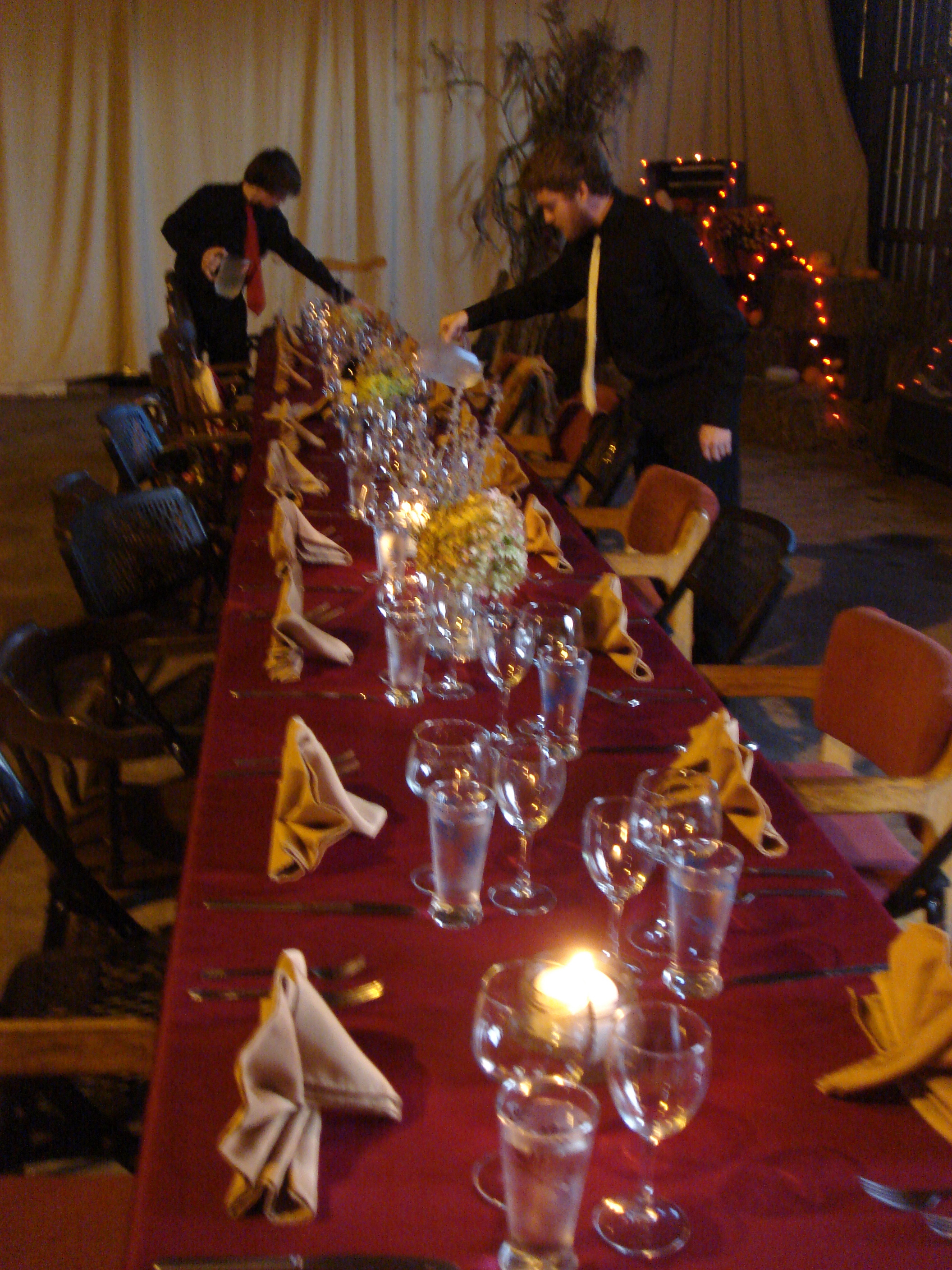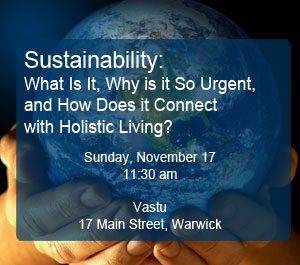Turns out that Generation Y is very different from the Me Generation, the baby boomers. The NY Times reported in a recent article that Generation Y, those born after 1980, are more into quality of life and less into financial success - quality over quantity. "Meaning" and "making a difference" are terms that come up. Meaningfulness for these millenials is associated with "other-orientation" as well as giving, as opposed to egocentrism and personal gain. The term ecocentrism (as in ecosystem, in contrast to egocentrism) has also been used for those who think "green," who care about doing what's good for all and nature vs. what's just good for oneself. This is a real shift and in sync with the shift or rise in consciousness we have been told is underway. These convictions will have huge implications on our culture and politics.
Fasten your seat belts! Move to the side boomers!







